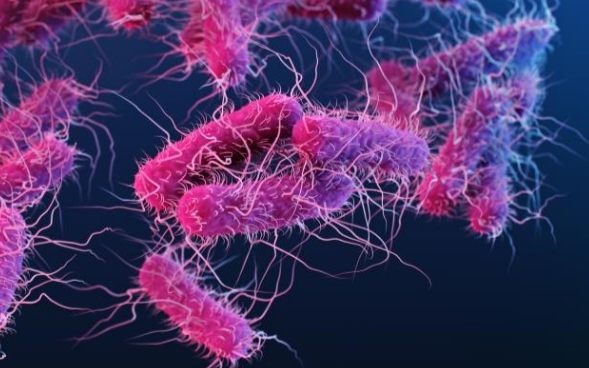Enterococcus Levels Monitored On Texas Beaches This Summer
June 5, 2025 – Texas has secured a $382,000 federal grant aimed at enhancing the state’s coastal water quality monitoring program, just in time for the busy summer beach season. The funding, awarded under the federal BEACH Act, supports efforts to monitor bacterial contamination levels at public beaches along the Texas Gulf Coast, helping ensure residents and tourists can enjoy safer recreation in coastal waters.
Enterococci are gram-positive, facultative anaerobic bacteria. They are a normal part of the intestinal flora, but can cause infections in certain circumstances.
The U.S. Environmental Protection Agency (EPA) awarded the grant as part of its “Powering the Great American Comeback” initiative, which emphasizes public health, environmental protection, and economic recovery. The funding enables Texas to test for bacteria such as enterococci, which can indicate the presence of harmful pathogens and pose risks to swimmers.
Texas Land Commissioner Dawn Buckingham, who made history in 2022 as the first woman elected to lead the General Land Office (GLO), has emphasized coastal health as a core priority. Under her leadership, the GLO recently completed what is being described as the largest beach nourishment project in the state’s history, aimed at restoring eroded shorelines and protecting coastal infrastructure.
While the GLO oversees monitoring efforts, it does not have the authority to close beaches. That responsibility lies with local governments, which consider not just bacterial test results but also weather conditions, tidal influences, and public use when issuing advisories or closures.
The grant will expand testing capacity and public notification systems, allowing beachgoers to make more informed decisions. Officials say the investment marks a significant step in safeguarding public health and preserving one of Texas’s most vital natural and economic resources: its coastline.







